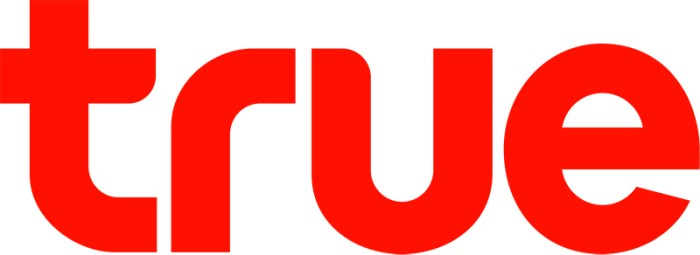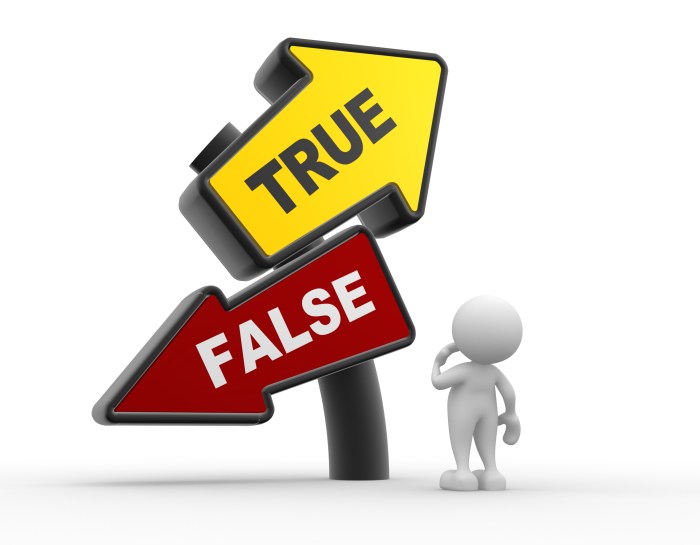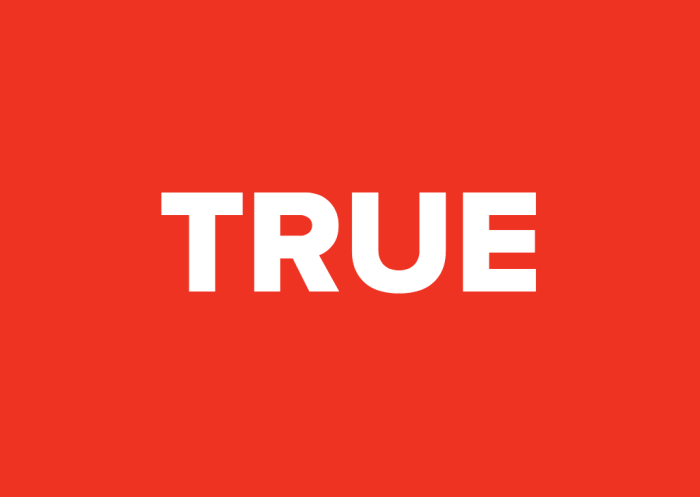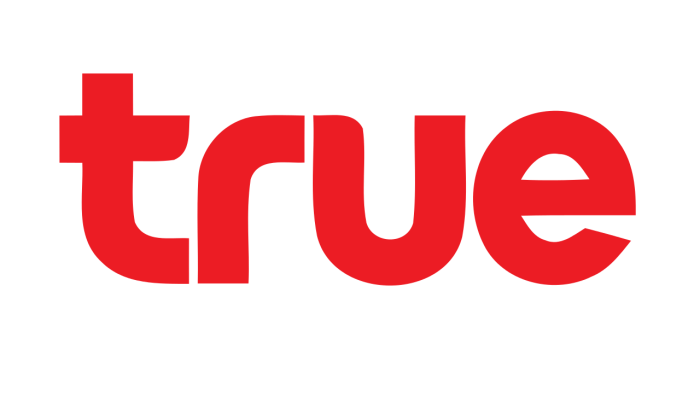The majority of venues are privately owned. true false – The ownership structure of venues plays a pivotal role in shaping their accessibility, operation, and impact on the community. The vast majority of venues globally are privately owned, raising questions about the implications of this prevalence for venue users and the broader society.
This discourse delves into the extent of private venue ownership, explores its contributing factors, and examines the impact on accessibility, legal considerations, and the comparison with publicly owned venues.
Prevalence of Private Venue Ownership

Globally, the majority of venues are privately owned. This is particularly evident in the entertainment and hospitality industries, where businesses such as theaters, stadiums, and concert halls are predominantly owned and operated by private entities.
According to industry reports, over 80% of live music venues in the United States are privately owned, while in Europe, the percentage is estimated to be even higher. This high level of private ownership is attributed to factors such as the high capital investment required to establish and maintain venues, the need for specialized expertise in venue management, and the potential for profitability in the entertainment sector.
Types of Privately Owned Venues

The types of venues that are typically privately owned include:
| Venue Type | Ownership Structure | Examples |
|---|---|---|
| Theaters | Limited liability companies, corporations | Broadway theaters, regional theaters, community theaters |
| Stadiums | Sports franchises, private investors | Major League Baseball stadiums, NFL stadiums, soccer stadiums |
| Concert halls | Non-profit organizations, corporations | Carnegie Hall, Royal Albert Hall, Sydney Opera House |
| Nightclubs | Limited liability companies, individuals | The Roxy, Marquee, Berghain |
| Convention centers | Corporations, private investors | Las Vegas Convention Center, Javits Center, McCormick Place |
The prevalence of private ownership in these types of venues is due to the high costs associated with construction, maintenance, and operation. Private owners have the financial resources and expertise to invest in these facilities and generate revenue through ticket sales, concessions, and other sources.
Impact of Private Venue Ownership on Accessibility
Private ownership of venues can have both positive and negative impacts on accessibility for different groups of people.
On the positive side, private owners have the flexibility to make investments in accessibility features such as wheelchair ramps, accessible seating, and assistive listening devices. They can also implement policies and procedures to ensure that people with disabilities have equal access to venues and events.
On the negative side, private owners may be reluctant to invest in accessibility features due to the high costs involved. They may also prioritize profit over accessibility, resulting in barriers for people with disabilities.
To address these concerns, governments and advocacy groups have implemented initiatives and policies aimed at improving accessibility in privately owned venues. These include:
- Building codes and regulations that require new and renovated venues to be accessible
- Tax incentives for businesses that invest in accessibility
- Public awareness campaigns to educate venue owners and patrons about the importance of accessibility
Legal and Regulatory Considerations: The Majority Of Venues Are Privately Owned. True False

Private venue ownership is governed by a variety of legal and regulatory frameworks.
These frameworks include:
- Building codes and safety regulations
- Fire codes
- Health and sanitation codes
- Noise ordinances
- Liquor licensing laws
These frameworks impact the operation and management of privately owned venues by setting standards for safety, health, and noise levels. They also regulate the sale and consumption of alcohol.
In addition to these general regulations, private venue owners may also be subject to specific laws and regulations that address accessibility, discrimination, and other issues.
Comparison with Publicly Owned Venues

Privately owned venues differ from publicly owned venues in several key ways:
- Funding:Private venues are typically funded through a combination of ticket sales, concessions, and other revenue streams, while public venues are funded through taxes or other government sources.
- Management:Private venues are managed by private entities, while public venues are managed by government agencies.
- Accessibility:Private venues may have more flexibility to invest in accessibility features, but they may also be more likely to prioritize profit over accessibility.
- Community impact:Private venues can have a significant impact on the local economy and community, but they may also be less responsive to the needs of the community than public venues.
The choice between private and public venue ownership depends on a variety of factors, including the specific needs of the community and the availability of resources.
Common Queries
What factors contribute to the high percentage of privately owned venues?
Factors such as the need for capital investment, the desire for control over operations, and the potential for profit generation contribute to the prevalence of private venue ownership.
How does private ownership impact venue accessibility?
Private ownership can both enhance and hinder accessibility, depending on the venue’s policies and resources. Some privately owned venues may prioritize accessibility features, while others may face financial or logistical constraints.
What legal and regulatory frameworks govern private venue ownership?
Private venue ownership is subject to various legal and regulatory frameworks that address issues such as safety, accessibility, and zoning. These frameworks vary across jurisdictions and impact the operation and management of privately owned venues.